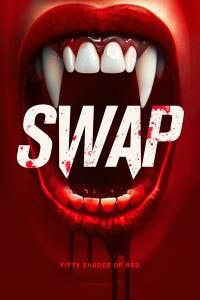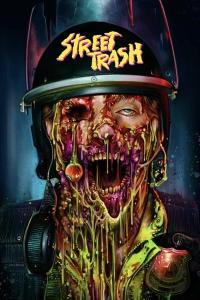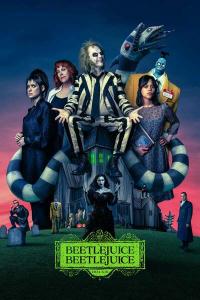Torrent details for "John Coltrane - Expression (1967) [EAC-FLAC]" Log in to bookmark
Controls:
Language:
 English
EnglishTotal Size:
421.16 MB
Info Hash:
f6f66c21149a23c1ee580dc24d3ef0a30c5ef1fa
Added By:
Added:
05-01-2022 13:24
Views:
475
Health:

Seeds:
5
Leechers:
0
Completed:
326

John Coltrane - Expression (1967)
EAC rip (secure mode) | FLAC (tracks)+CUE+LOG -> 260 Mb
Full Artwork @ 600 dpi (tiff) -> 92 Mb
Coltrane and Ali spiral into the far reaches here with a boundless energy that somehow remains controlled and restrained even in its rawest moments. The group succeeds in lifting the piece up to its highest peak and then setting it back down in a way so organic it feels almost ordained by a mass mind. The track, like all Coltrane at his best, becomes a guided meditation.
The 16-minute vamp of "To Be" is perhaps the most quizzical and interesting piece here, finding Trane on flute, an instrument that he never gave much air time to on previous sessions. Coltrane trades gentle, lilting runs with Sanders' sometimes distant, sometimes atonal piccolo flute, stretching out into discordant waters somewhere in the middle of this lingering piece.
Bedded by Alice Coltrane's brightly mystical piano clouds, the track would sound more at home on one of her solo albums than her husband's, but denotes their mingling inspirations. At the time these sessions were put to tape, Coltrane had been silently suffering from undiagnosed liver cancer for some while. His death was a shock to many in the jazz community who had no idea he was even sick, let alone nearing the end.
It's remarkable that Expression is not some world-weary harbinger of death and sickness, but an endlessly jubilant affair. Even in what must have been a time of tremendous pain and darkness, Coltrane's single-minded quest for understanding and transcendence took him to places of new exploration and light.
------------------------------------------------------------------------------------------------------------------------------------------------------------------------------------------------------------------------------------------
Tracklist:
------------------------------------------------------------------------------------------------------------------------------------------------------------------------------------------------------------------------------------------
01. Ogunde
02. To Be
03. Offering
04. Expression
*2011 Impulse! / Verve / UMG | B0015826-2
Personnel:
John Coltrane – tenor saxophone, flute
Pharoah Sanders – flute, piccolo, tambourine
Alice Coltrane – piano
Jimmy Garrison – bass
Rashied Ali – drums















































